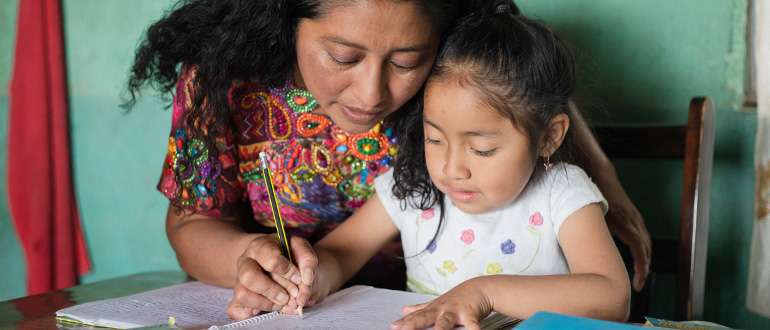How Immigrants Access Healthcare

How does immigration status affect one’s ability to access healthcare in the United States? The answer depends on many factors, including whether that person has documentation to show she is legally in the country, how long the person has been in the U.S., and in what state that person is seeking care.
The federal government designates an immigrant as “lawfully present” if she meets certain standards. In addition to green card holders and refugees, this includes people who have applied for asylum and those who have temporary protected status, among other categories.
[Related: Kentucky Refugee Ministries: Supporting the State’s Newest Residents]
Migrants who do not have private insurance can apply to have their care covered through federally funded programs such as Medicaid, Children’s Health Insurance Program (CHIP), Medicare, and the ACA marketplace. Enrollment in these programs requires proof of the documentation needed to stay in the country. Even when they have the documents, many immigrants must wait five years before they’re able to apply for Medicaid or CHIP.
In some parts of the country, states have expanded eligibility for Medicaid and CHIP for children and pregnant people who are in the country with documentation, according to a recent KFF report. In Ohio, children who qualify for Medicaid/CHIP can access the programs and are exempt from any timetable related to their date of entry to the U.S. Lawfully residing pregnant people in Ohio can also access federally funded medical coverage regardless of their date of entry. We are among the 35 states that provide Medicaid coverage to children and pregnant people who are in the U.S. legally, without the five-year waiting period.
Still, gaps in the safety net leave many immigrants without access to healthcare. “Although most immigrants are healthy and employed, many face challenges to accessing and using health care in the U.S. due to higher uninsured rates, affordability challenges, linguistic and cultural barriers, and immigration-related fears, which has negative implications for their health and financial security,” according to a 2023 KFF report based on a joint survey of immigrants conducted with the LA Times.
For this reason, many states have chosen to expand access to coverage even further. According to KFF:
- Twenty-two states have extended insurance coverage to pregnant people regardless of immigration status through CHIP.
- Twelve states and D.C. cover children through CHIP regardless of immigration status.
- Six states and D.C. have expanded Medicaid coverage to adults regardless of immigration status.
[Learn More: What is a Community Health Worker? AND How do you become a Community Health Worker?]






